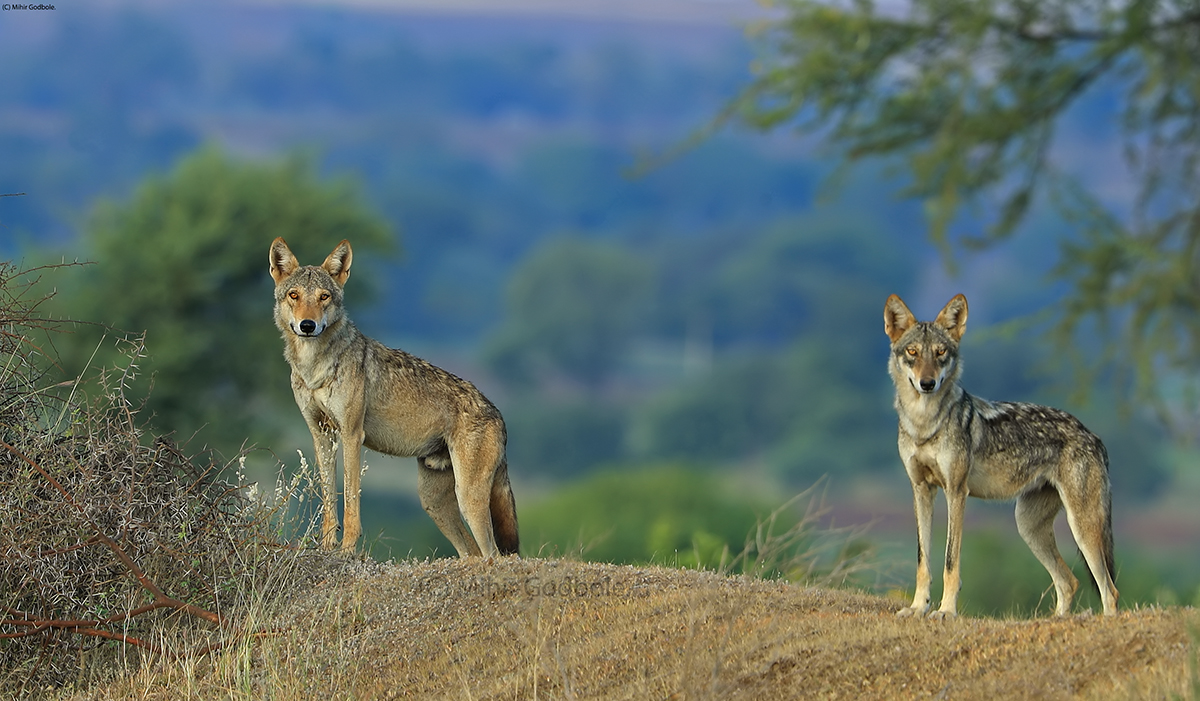
Copyright: The Grasslands Trust.
Drone-based observations of wild Indian wolves
A first step towards understanding collective processes in social carnivores
In recent years, we have made significant progress in understanding the principles of collective behaviours and the effects of heterogeneity on collective processes. However, despite the high interest shown by researchers, a quantitative scientific understanding of collective processes in social carnivores is significantly lacking, mainly due to the unavailability of fine-scale movement data. The data deficiency arises from the limitations in tracking and observing social carnivores. In the project Drone-based observations of wild Indian wolves: a first step towards understanding collective processes in social carnivores, Adwait Deshpande will capitalize on a rare opportunity to study collective behaviours in a unique population of Indian wolves.
His goal is to investigate how social and environmental factors influence the collective movements of the pack. Adwait Deshpande says: “This study, which will start with the data collection in January 2023, will probably be one of the first to extend our quantitative understanding of collective behaviours in wild social carnivores. It will potentially have direct implications for the management of the social carnivore species worldwide.”
Images from the field research
-
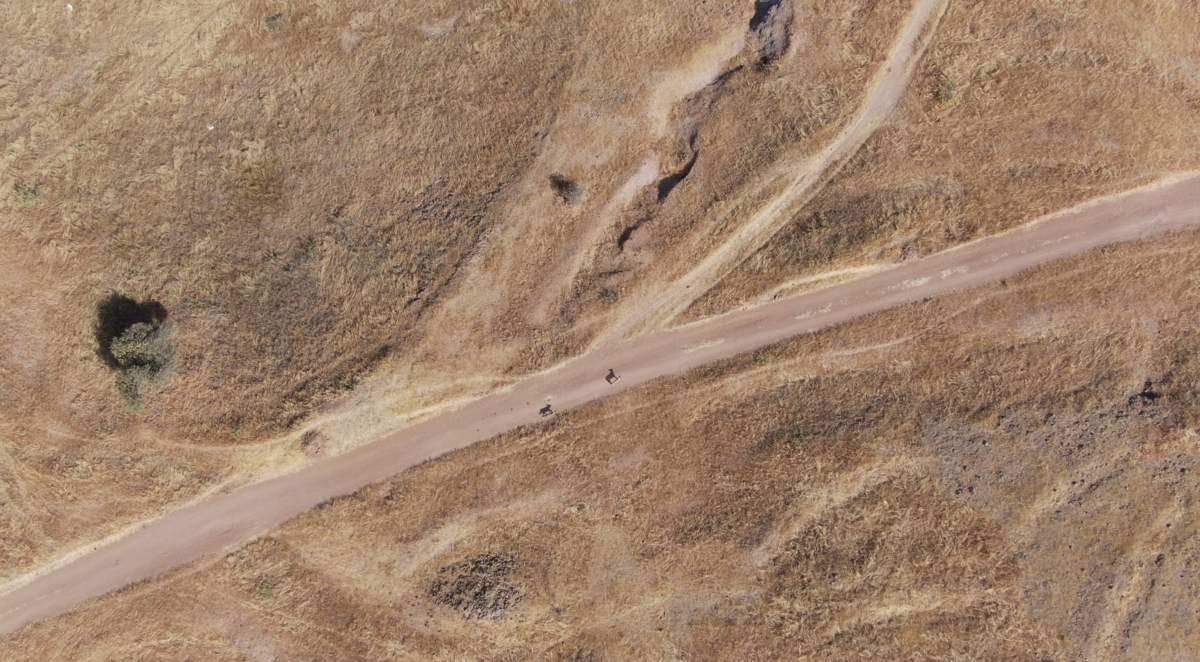
Left, right or straight ahead? Copyright: Adwait Deshpande and The Grassland Trust -
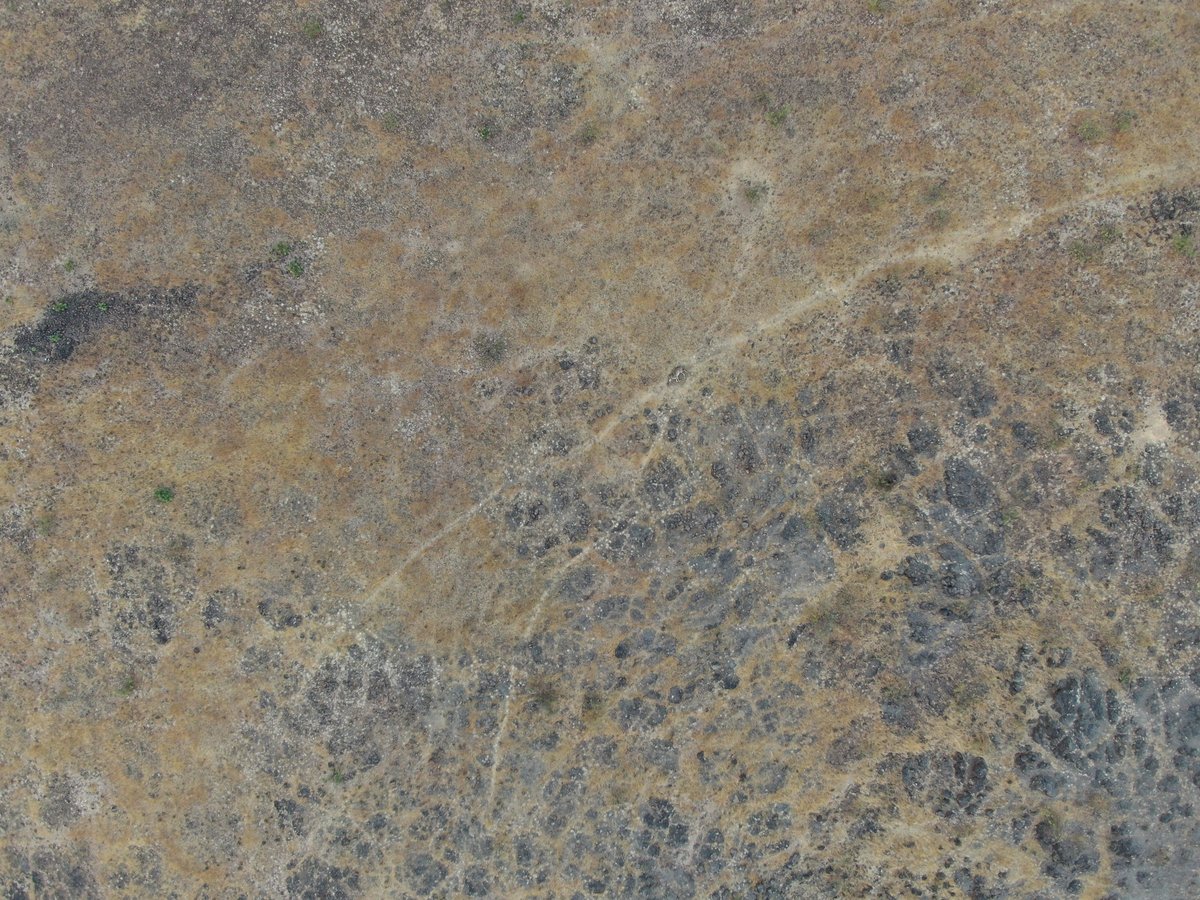
A wolf from the drone perspective. Copyright: Adwait Deshpande and The Grassland Trust -
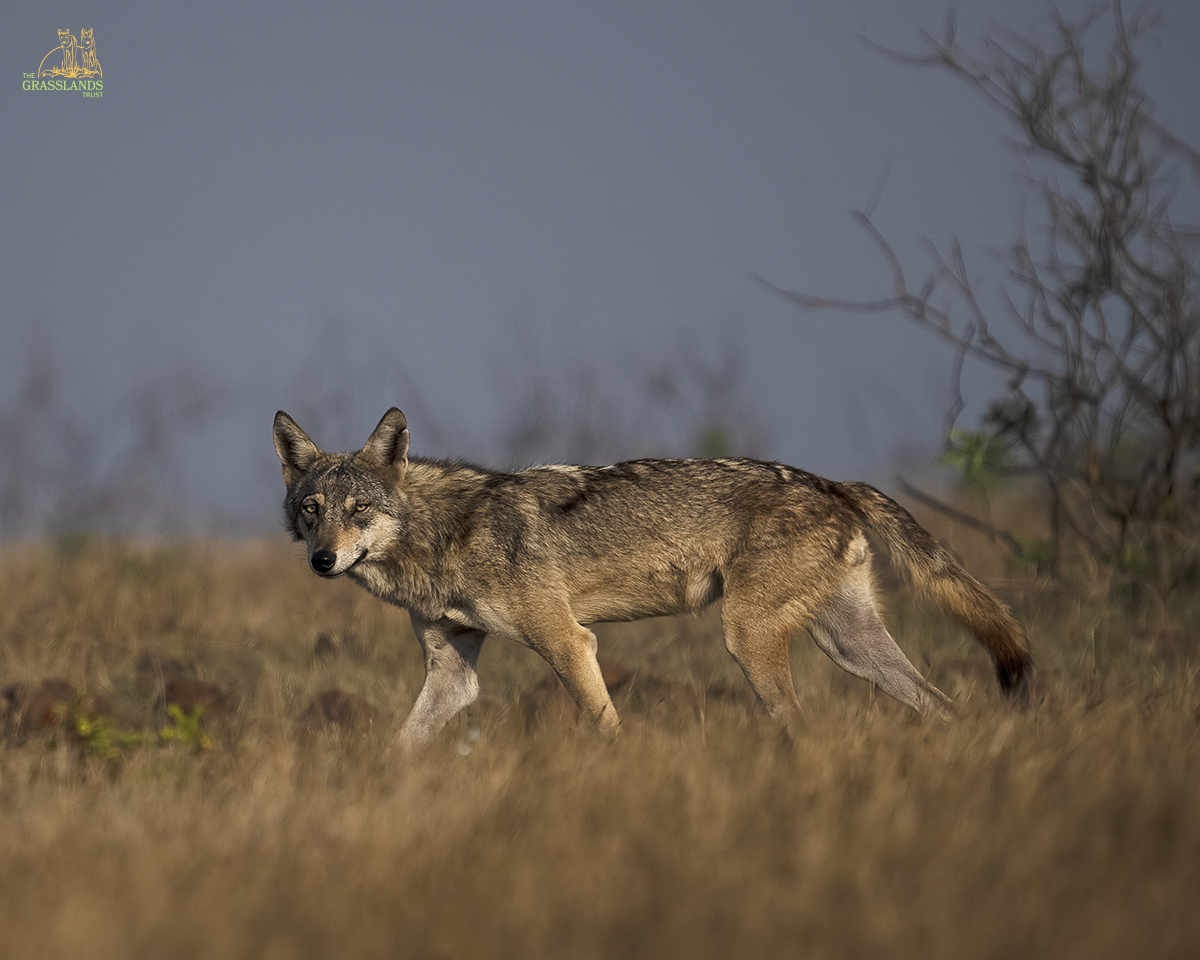
An Indian wolf. Copyright: The Grassland Trust -
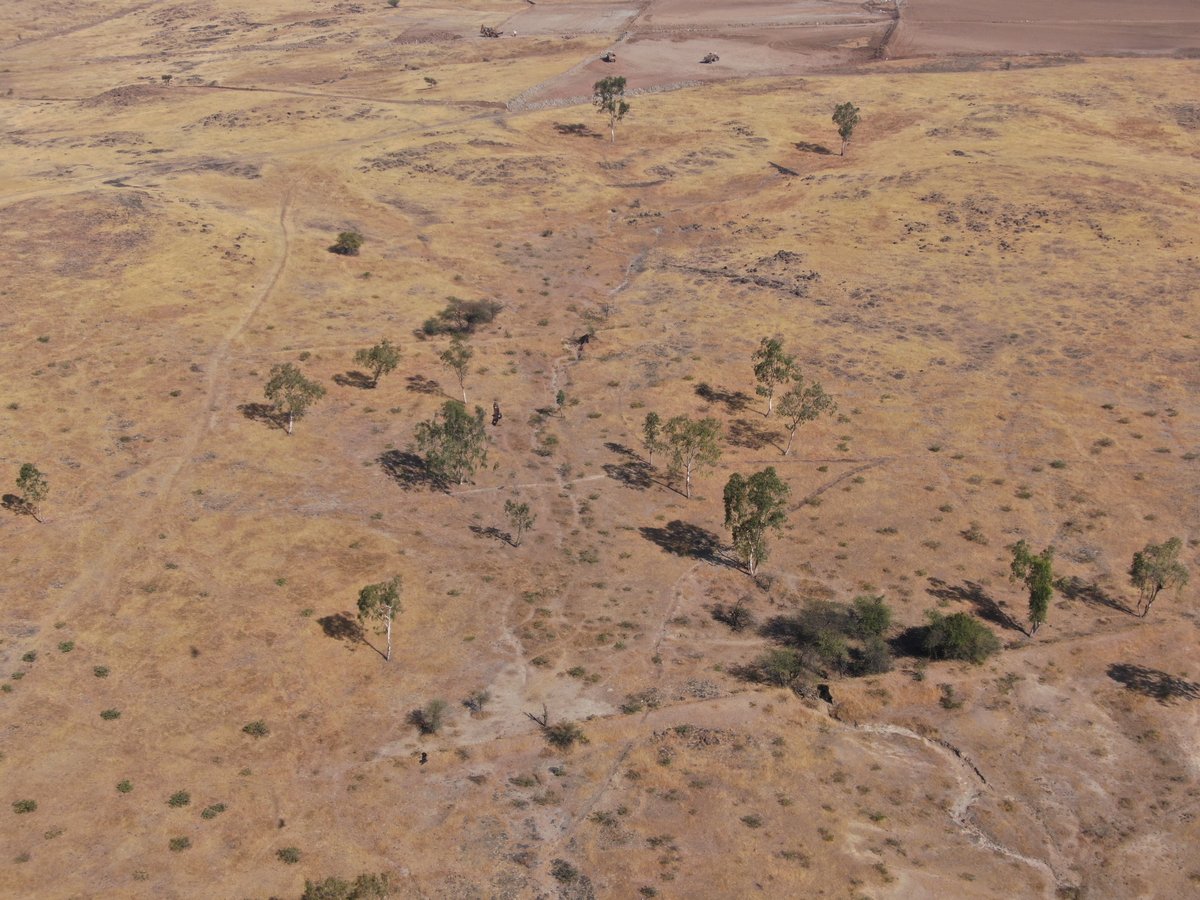
Bird perspective. Copyright: Adwait Deshpande and The Grassland Trust -
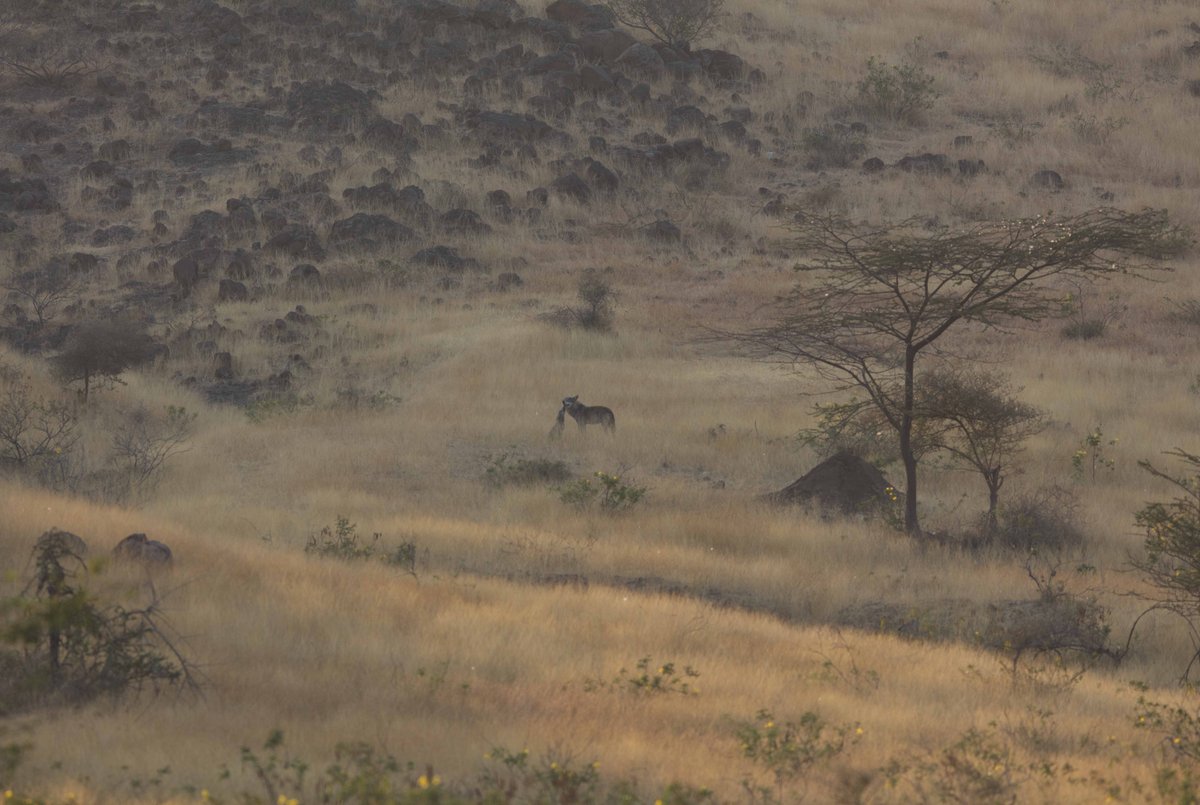
Indian wolves. Copyright: Adwait Deshpande and The Grassland Trust -
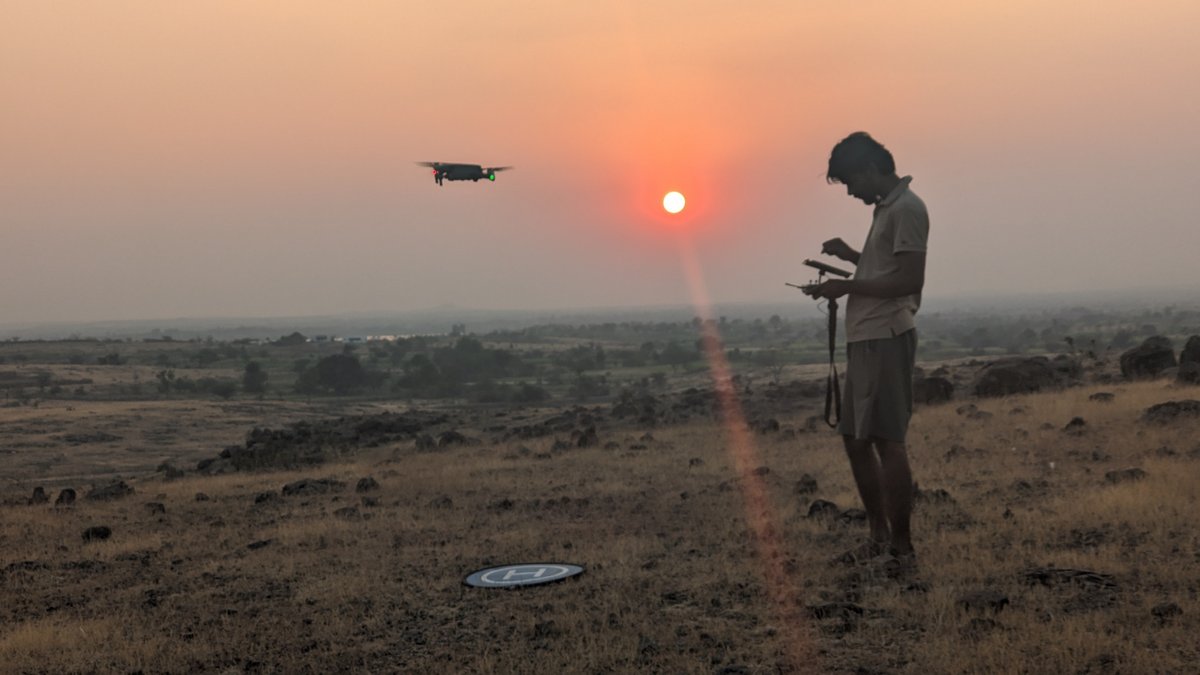
A researcher flying a drone. Copyright: Adwait Deshpande and The Grassland Trust -

Sunset. Copyright: Adwait Deshpande and The Grassland Trust
